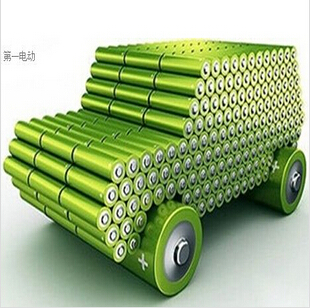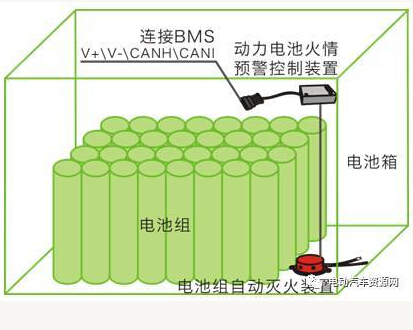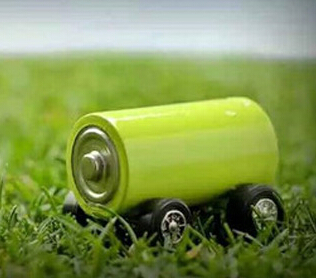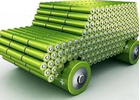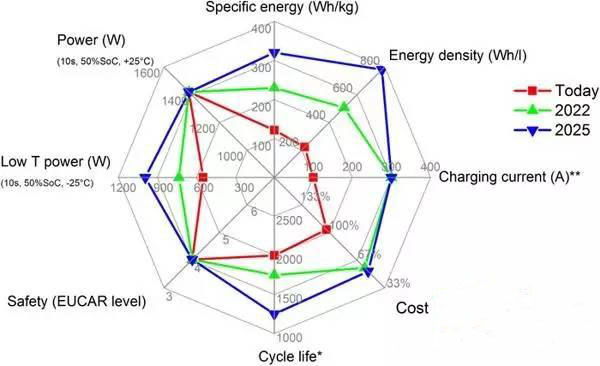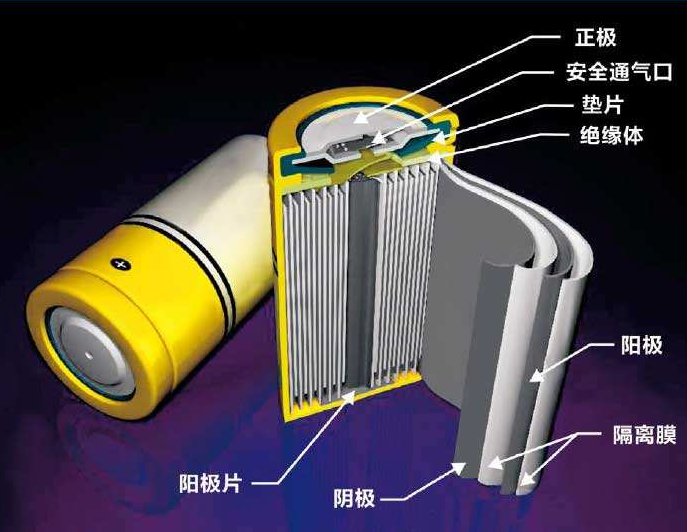Entering 2020, China's new energy vehicle power batteries will begin to enter a large-scale retirement period. Faced with more than 200,000 tons of "wind candle residual years" of power batteries, how to do a good job of recycling has become a serious and urgent realistic test question.
New energy vehicles are born because of environmental protection, and the environmental protection benefits generated during use are hard to come by. If battery recycling is incomplete due to incomplete recycling, it is tantamount to abandoning the previous work. A 20-gram cell phone battery can contaminate 1 square kilometer of land for 50 years. If a large number of power batteries are not handled properly, the consequences may be unimaginable. It is gratifying that due to the characteristics of power batteries, the related recycling industry is a real sunrise industry. The battery removed from the car also has a certain power storage capacity, which can be used for base station "backup power", power grid "energy storage" and so on. After the step-by-step use, the batteries that are "depleted with oil and light" can also be disassembled to realize the recycling of precious metals such as cobalt, lithium, and nickel. It can be said that as long as there is a mature industrial chain, a "time bomb" can become an "urban mineral".
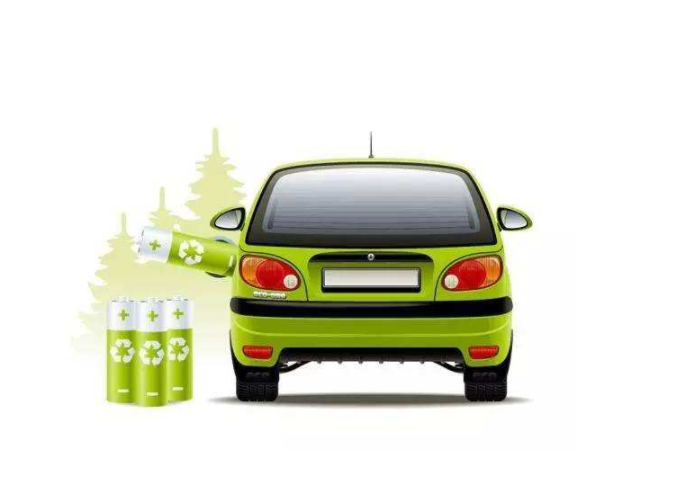
Although the recycling industry chain has a bright future, it is not easy to achieve green recycling of all power batteries. As early as 2016, the power battery industry was known as the vent, but many investors entered the industry and found that they simply could not compete in small workshops without technology and equipment. Green dismantling, environmental protection recycling, and harmless treatment often mean higher operating costs, but the “three-none” workshop's recycling model of pollution-for-money can make operating costs nearly zero. Small workshops "troubled" are just the tip of the iceberg of current power battery recycling difficulties. As consumers, many car owners do not care where the retired batteries go. As car companies, many manufacturers do not have the motivation and energy to participate in battery recycling. Some managers regard battery recycling as smelting, and have little guidance and support on policies. Little. Multiple factors are intertwined, so that power battery recycling has an industrial chain but no system, and it is difficult to form a closed loop by market regulation alone.
















 RCCN WeChat QrCode
RCCN WeChat QrCode Mobile WebSite
Mobile WebSite